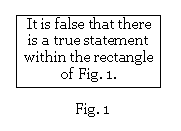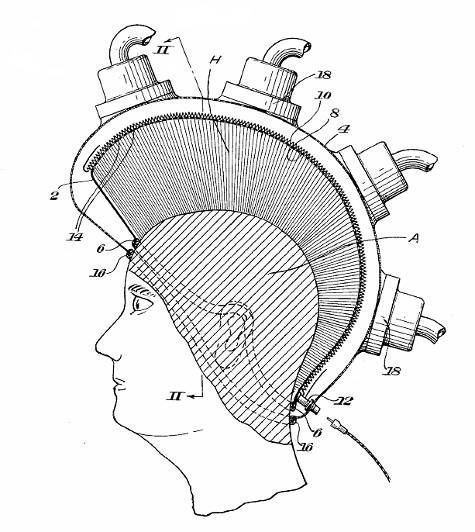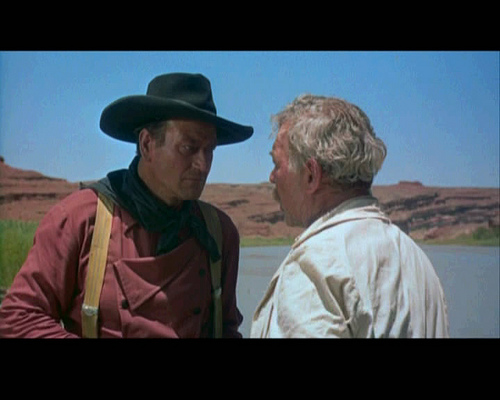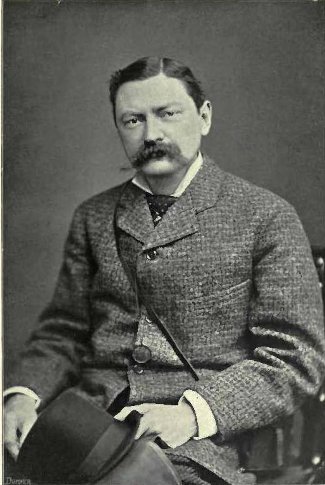Kurt Gödel composed an ontological proof of God’s existence:
Axiom 1. A property is positive if and only if its negation is negative.
Axiom 2. A property is positive if it necessarily contains a positive property.
Theorem 1. A positive property is logically consistent (that is,
possibly it has an existence).
Definition. Something is God-like if and only if it possesses all positive properties.
Axiom 3. Being God-like is a positive property.
Axiom 4. Being a positive property is logical and hence necessary.
Definition. A property P is the essence of x if and only if x has the property P and P is necessarily minimal.
Theorem 2. If x is God-like, then being God-like is the essence of x.
Definition. x necessarily exists if it has an essential property.
Axiom 5. Being necessarily existent is God-like.
Theorem 3. Necessarily there is some x such that x is God-like.
“I am convinced of the afterlife, independent of theology,” he once wrote. “If the world is rationally constructed, there must be an afterlife.”







